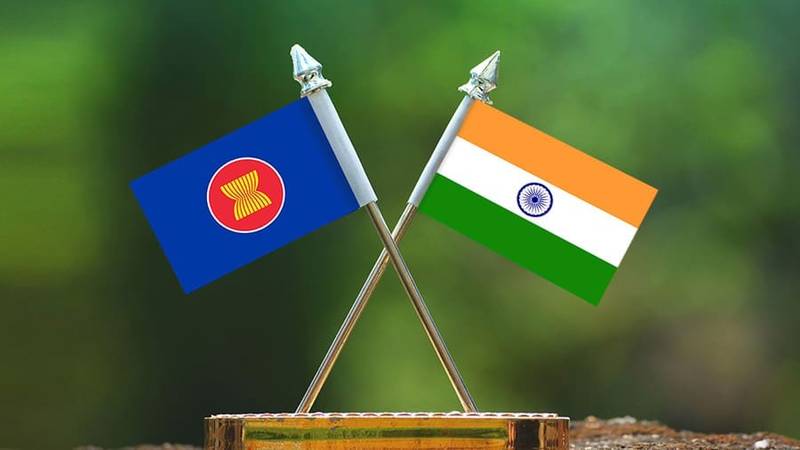The ASEAN-India Trade in Goods Agreement (AITGA) is set for a comprehensive review as officials from India aim to strengthen the Rules of Origin (ROO) to prevent exporters from third countries from taking advantage of preferential tariffs. The focus on ROO stems from the fact that the AITGA primarily covers trade in goods rather than services, with market access and ROO being the core concerns. A senior official, speaking on anonymity, emphasized the need to address ROO as a priority during the negotiations with ASEAN.
The ROO provision in the AITGA needs to be more detailed, allowing businesses from third countries to exploit the free trade agreement (FTA) for exporting goods to India. To rectify this, Indian officials are pushing for product-specific and more granular ROO requirements to reflect the nature of different sectors accurately. This proposal aligns with ongoing trade agreements, where the extent of value addition required for a product originating from the exporting country varies across other chapters or products.
The AITGA was signed in 2009 after years of negotiations and marked the creation of one of the largest free trade areas in the world. However, India’s trade deficit with ASEAN has widened significantly since then, rising from $4.98 billion in 2010-11 (the first full year of AITGA) to $43.57 billion in 2022-23. This alarming deficit increase of $17.51 billion in the last financial year further emphasizes the urgency to review and revise the agreement. India has long argued that its exports to ASEAN have been hindered by non-reciprocity in FTA concessions, non-tariff barriers, import regulations, and quotas.
Recognizing the need for a thorough evaluation of the AITGA, India initiated stakeholder consultations with 7-8 industry groups ahead of the review process. A deadline of 2025 has been set for completing the review, and talks are expected to focus on multiple areas besides ROO, including goods and trade remedies. To ensure effective negotiations, separate sub-committees will handle ROO and goods trade discussions.
While the specifics of the review are yet to be finalized, an in-person joint committee meeting is scheduled for the third week of February, preceded by a virtual meeting. India intends to utilize this review to address the existing imbalances and create a fair and mutually beneficial trade environment for all parties involved.

